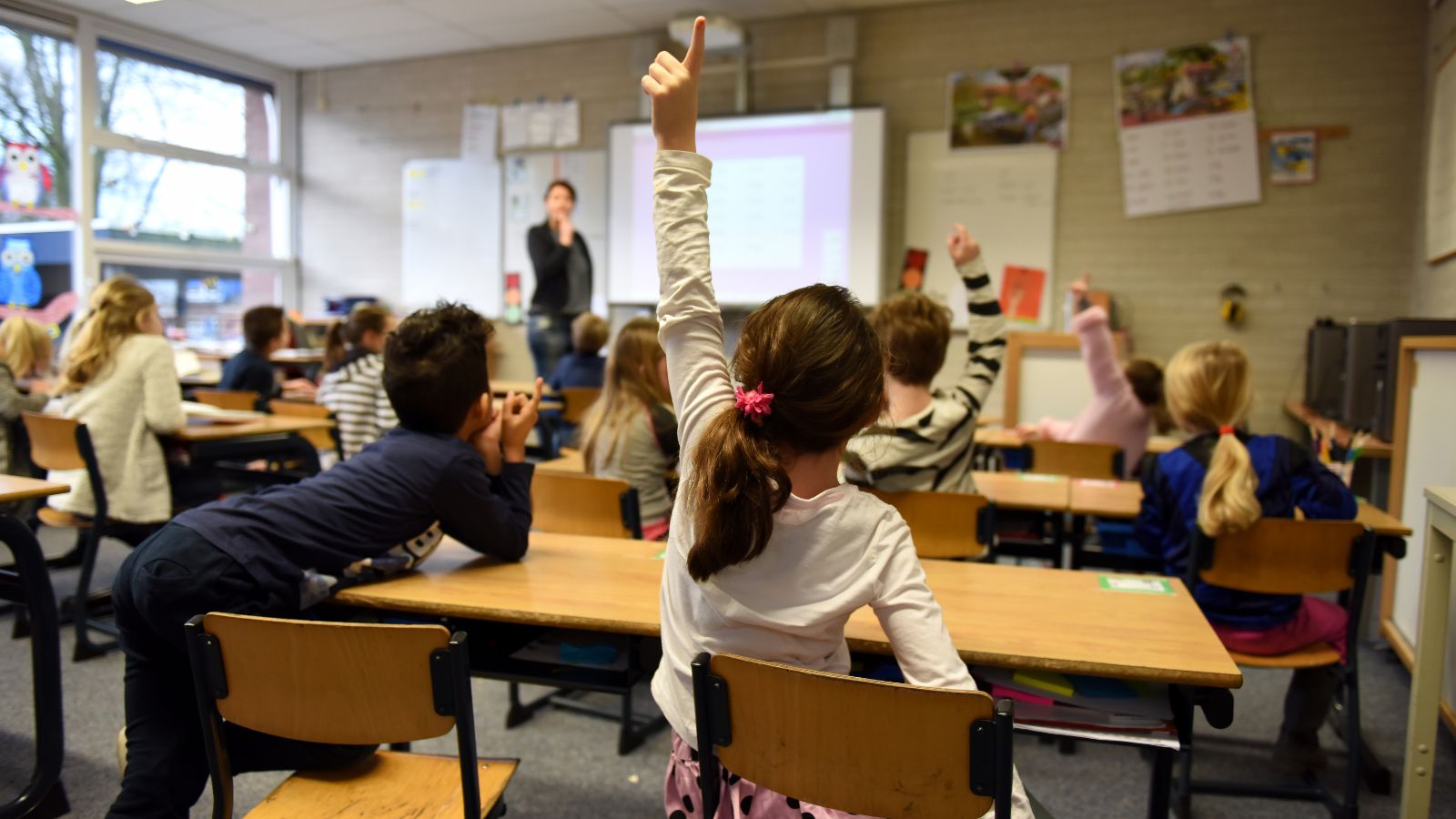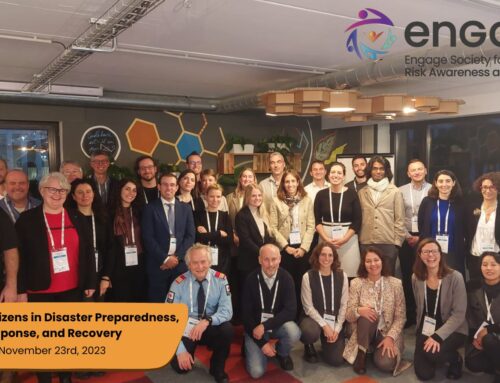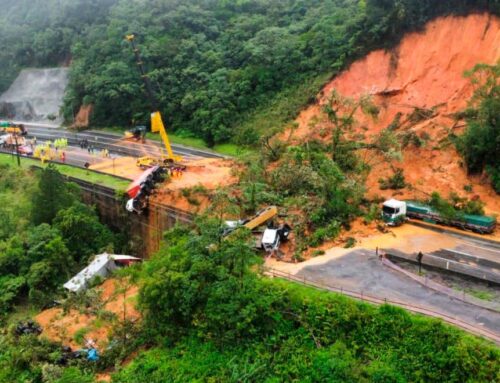The aim of this blog post is to highlight a collaboration agreement between the Department of Education and the Department of Security of the Basque government as a valuable tool to enhance the awareness and resilience of society against violence and critical situations in schools.
The Department of Education and the Department of Security of the Basque Government signed a collaboration agreement on prevention measures against inappropriate behaviour, violent acts and peer abuse, bullying (bullying and cyberbullying), and other situations that may affect coexistence within the school environment.
It should be noted, however, that educating for coexistence does not renounce the existence of conflicts but focuses on knowing how to face them in order to overcome them in a positive and effective way. In any case, it is a more of a question of investing more efforts in strategies which favour positive coexistence and are of a preventive nature, rather than in the timely response to the serious cases of its breakdown. Within the educational community, such an approach seeks to recognise the importance of dialogue, respect, responsibility, and communication as the basis of coexistence.
A series of organised training activities have been made available by staff of the Department of Safety and Security with direct experience in these issues, in order to provide a complementary formative perspective to the work carried out in schools. Within these activities, special attention and preference will be devoted to cases of peer abuse, bullying (including cyberbullying), and road safety.
The actions and training activities that will be developed in schools may be updated by the monitoring committee of this agreement after each school year and will relate mainly to the following areas:
— Risks arising from internet browsing,
— Peer abuse and bullying,
— Avoidance of non-civic behaviour and promotion of civic values,
— Realities and consequences of drug use,
— Newly organised and violent youth groups,
—112 Emergency phone. What is 112?
— Gender-based violence,
— and more.
Each action or training activity will be programmed according to the age of the students at which in each case is directed, will be adapted in terms of language and content, and will be taught in both Basque and Spanish, which are the two officials languages in the Basque Country.
We want to know the real impact of the work done to address improvements and an adaptation to the educational and social environment of young people, considering these are of great value and are great transmitters of the training and knowledge received.Therefore, a monitoring committee, composed of representatives from each of the Departments, has been set up with the purpose of determining the effectiveness of the annual training programming and monitoring the actions undertaken in its development. A campaign will also be carried out via different social networks and communication channels on the internet to raise awareness about the training, and surveys will be distributed before and after the training takes place within the schools.
If you would like to learn more about Ertzaintza and their work, you can check out this blog post.
Author: Iñaki Gangoiti (Ertzaintza)





